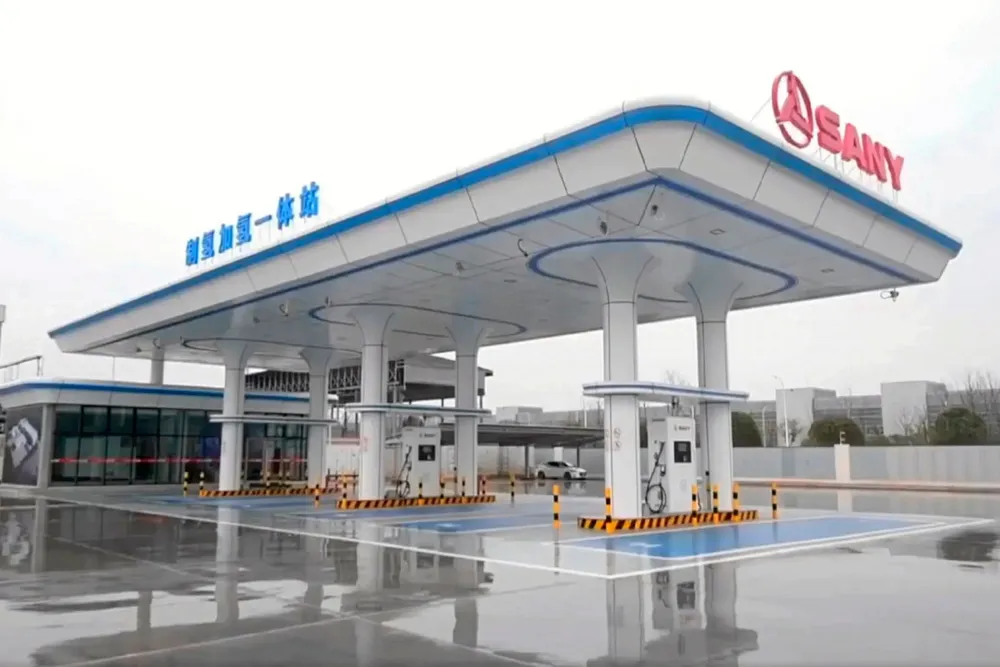China's largest green hydrogen refuelling station is selling H2 at a seventh of the cost of the fuel in California
Sany claims its integrated production and fuelling complex supplies hydrogen at cost parity with diesel

Sany claims its integrated production and fuelling complex supplies hydrogen at cost parity with diesel
